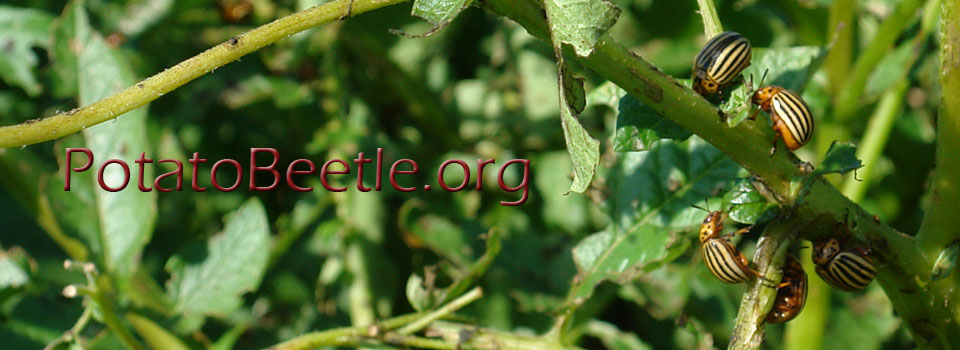Guo, W., et al. 2018 J Agric Food Chem. 66(45):11990-11999. doi: 10.1021/acs.jafc.8b03914.
RNA interference (RNAi) has been developed for plant pest control. In this study, hairpin-type double-stranded RNA (dsRNA) targeting the juvenile hormone (JH) acid methyltransferase (JHAMT) gene (dsJHAMT) was introduced in potato plants via Agrobacterium-mediated transformation. The results indicated that the transcriptional RNA of dsJHAMT accumulated in the transgenic plants. The transcripts and proteins of the L. decemlineata JHAMT gene were significantly reduced in larvae feeding on dsJHAMT transgenic foliage. The dsJHAMT had a significant negative effect on the growth and development of L. decemlineata, especially resulting in less oviposition. Importantly, in the field trials, transgenic plants are high-efficiently protected from insect damage mainly because surviving insects laid fewer or no eggs. Even full protection from beetle damage can be acquired by continuously lowering insect population size at large scale in the field over the years. Therefore, the transgenic plants expressing dsJHAMT successfully provided an additional option for plant pest control.
